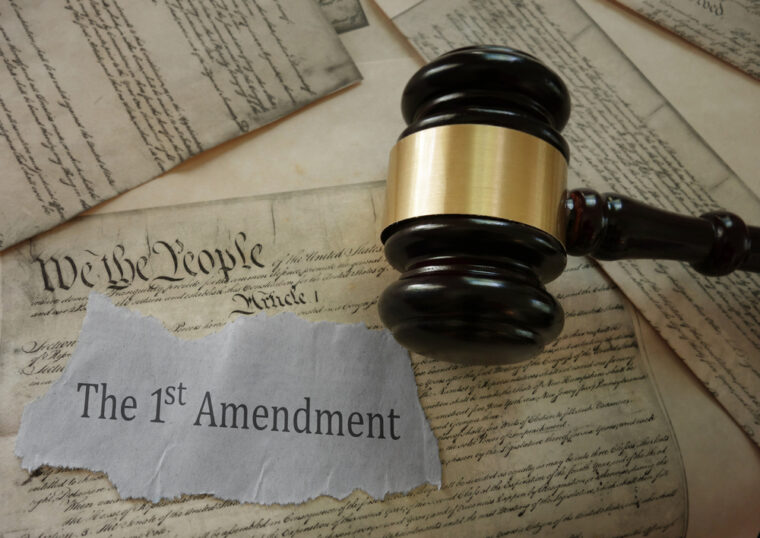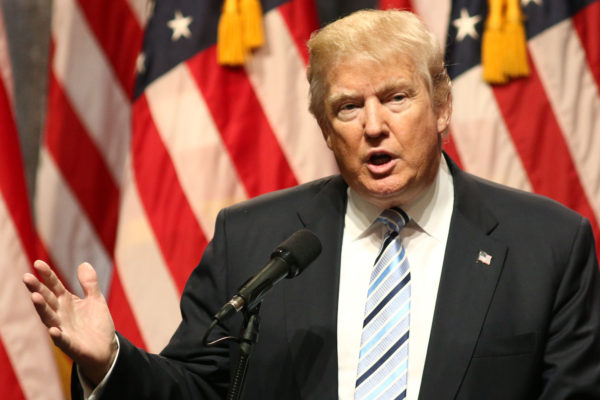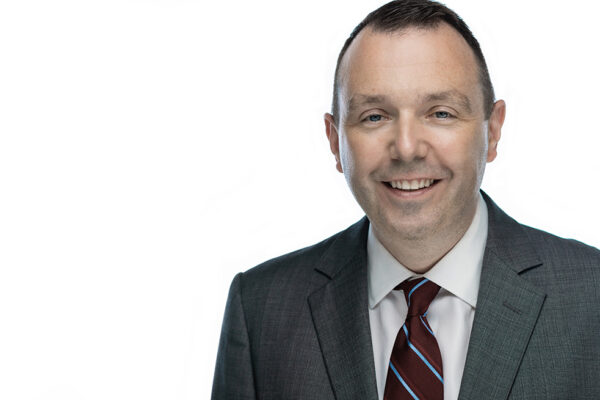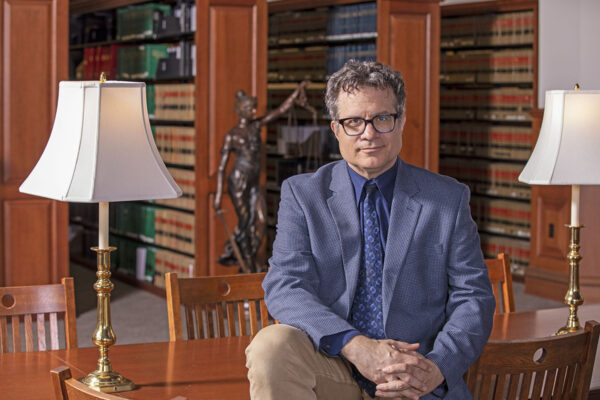Houston Rockets general manager Daryl Morey recently tweeted in support of pro-democracy activists in Hong Kong, causing reaction from the NBA and from China.
Following Morey’s tweet, NBA commissioner Adam Silver expressed support for Morey’s freedom of speech. But in response, China’s state broadcaster CCTV punished the NBA by canceling broadcasts of two preseason NBA games.
CCTV criticized Silver’s stance by saying, “We believe that any remarks that challenge national sovereignty and social stability are not within the scope of freedom of speech.”
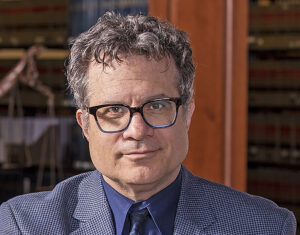
But Gregory Magarian, the Thomas and Karole Green Professor of Law at Washington University in St. Louis, has a different interpretation. “Under principles of free speech, anyone — such as CCTV — is entitled to hold their view of anything, including the scope of freedom of speech,” he said. “However, CCTV’s view is completely at odds with the understanding of free speech embodied in our First Amendment.
“The right to challenge ‘national sovereignty’ is at the heart of our Constitution’s protection for free speech,” Magarian said. “Americans are free to challenge the government’s authority even to the extent of advocating revolution.”
Likewise, he said, the First Amendment protects challenges to social stability.
“The Supreme Court has held that civil rights protesters have a First Amendment right to lead a highly disruptive boycott of local businesses; that an antiwar protester has a First Amendment right to wear a ‘F*** the Draft’ message in a public courthouse; and that the First Amendment bars the government from regulating ‘indecent’ speech on the Internet,” Magarian said.
In fairness to CCTV, he said, the U.S. Supreme Court has in recent years moved the First Amendment closer to CCTV’s notion of free speech.
“My 2017 book, ‘Managed Speech: The Roberts Court’s First Amendment,’ documents the present court’s efforts in First Amendment cases to maintain social stability,” Magarian said. “Most big winners in recent First Amendment cases have been wealthy, powerful or mainstream speakers. Poorly funded, socially marginal and politically dissident speakers tend to lose.”
The court’s shift reminds us that “the scope of freedom of speech” is always contested, Magarian said.
“The foundations of our First Amendment tradition mandate robust protection for words ‘that challenge national sovereignty and social stability,'” he said. “Sustaining those foundations requires defending them against enemies of free speech, foreign and domestic.”
